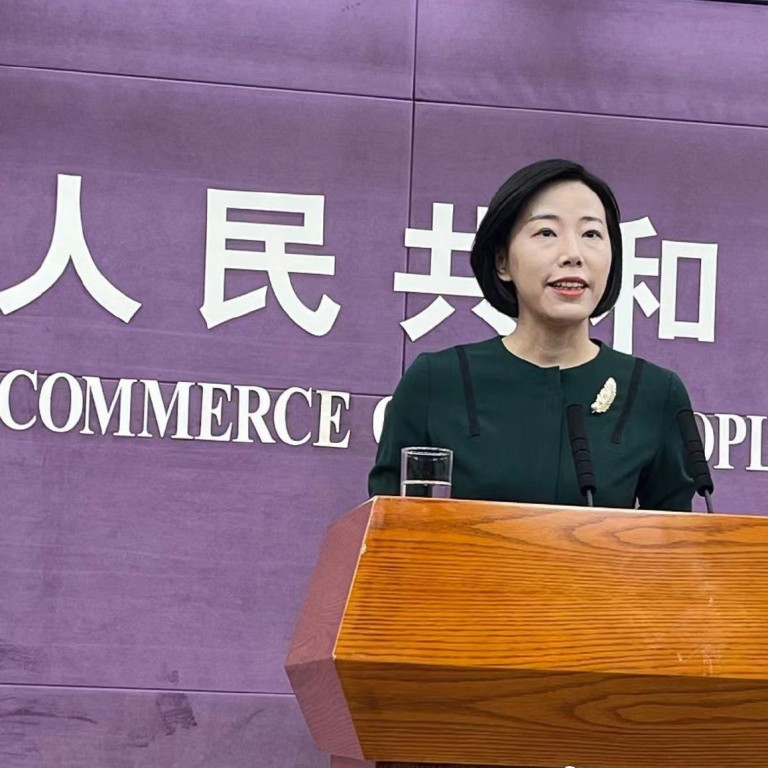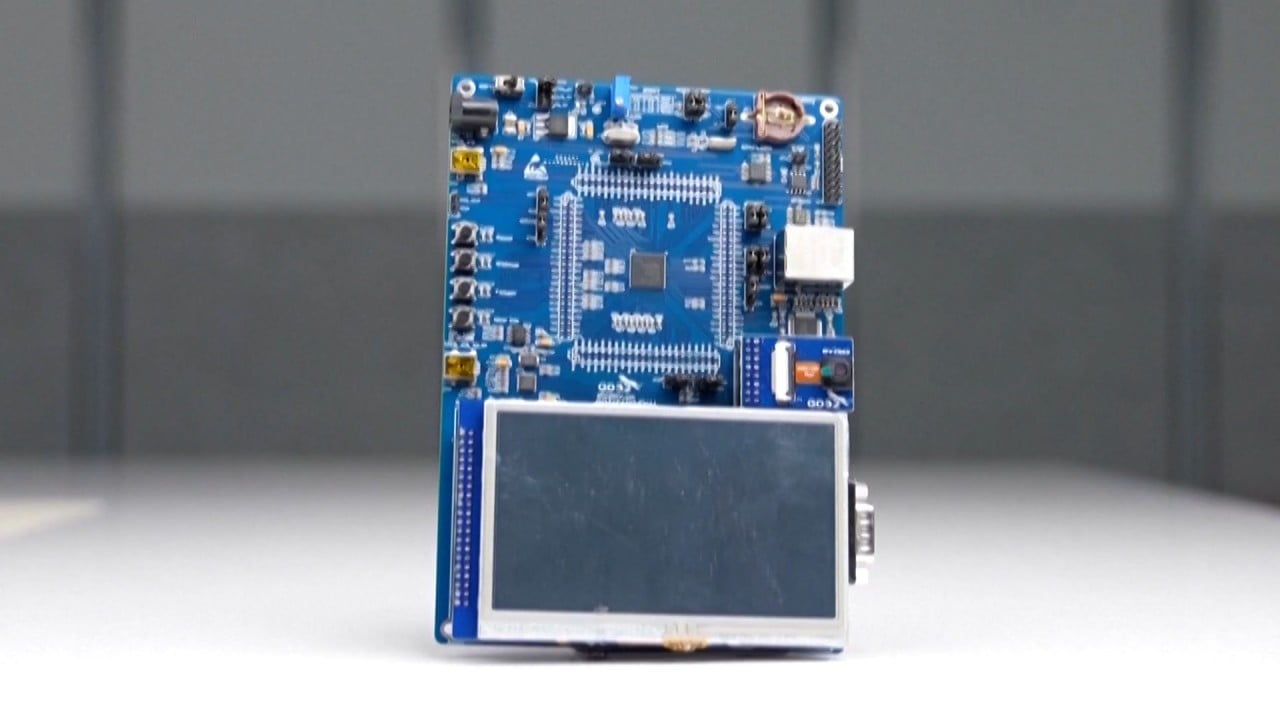
China welcomes Janet Yellen visit but ‘strongly opposes US coercion’, Beijing says
- Official comments are latest in wake of ‘spy balloon’ debacle that resulted in a cancelled China trip by US Secretary of State Antony Blinken
- US Treasury Secretary Yellen had said on Wednesday that she still hoped to visit China, without giving specific details
China would welcome a visit by US Treasury Secretary Janet Yellen, as it is important for the world’s two largest economies to keep lines of communication open, the Ministry of Commerce said on Thursday.
The incident triggered a diplomatic row and further strained already frayed tensions between the countries. Yellen did not offer further details about the potential trip.
“It is very important for both sides to maintain normal communication. China welcomes a trip by Secretary Yellen,” ministry spokeswoman Shu Jueting said at a regular weekly press conference in Beijing.
Starved of chips, China faces ‘unprecedented’ pressure to become No 1 economy
“In my opinion, the so-called visit is inappropriate, because the US has recently carried out many anti-China activities, including in military planning, technology, the Taiwan question and other aspects,” said Lu Shaye, China’s ambassador to France, according to an interview transcript released by the Chinese embassy on Wednesday.
The Ministry of Commerce on Thursday also accused Washington of threatening the global supply chain by abusing export controls and national security concerns.
“China strongly opposes the US coercion that threatens the stability of the global industrial chain,” Shu said. “We hope concerned countries [the Netherlands and Japan] abide by international trade rules to maintain normal trade. China is ready to maintain the stability of the supply chain with all sides and will firmly defend the legitimate rights of Chinese companies.”
Foreign companies operating in China have also been on the lookout for any business impact from the deepening decoupling trend.
“European companies operating in China need to closely monitor the situation, evaluate the risk that US-China technology competition poses to their supply chains, and make contingency plans accordingly,” the European Union Chamber of Commerce in China said in a statement to the Post.
China vows ‘substantial improvement’ in the quality of its goods
The chamber said geopolitical tensions and the coronavirus pandemic have shone a spotlight on the fragility of global supply chains, including their susceptibility to chip shortages.
“This move would potentially add to these pressures,” it said.
Defying the worsening diplomatic tensions and decoupling moves, bilateral trade between China and the US hit a record high of US$690.6 billion last year, according to official US data released this week.
Business communities have long warned of the ramifications on jobs and the economy if the world’s largest economies decouple, and business groups continue to call for more engagement to get bilateral relations back on track.
In an interview with the official Xinhua, Craig Allen, president of the Washington-based US-China Business Council, said lots of American businesses are keen on expanding their business in the Chinese market. He particularly pointed to those dealing in consumer goods, energy, financial services, manufacturing and chemicals, but he warned that a bilateral decoupling would lead to severe losses for both sides.
Cutting off supply chains in technological sectors would hurt both China and the US economy, according to the Xinhua report, which published on Thursday.
Instead, the party mouthpiece said, the world’s two largest economies should enhance policy communication and coordination to boost their respective growth and tackle global problems.


